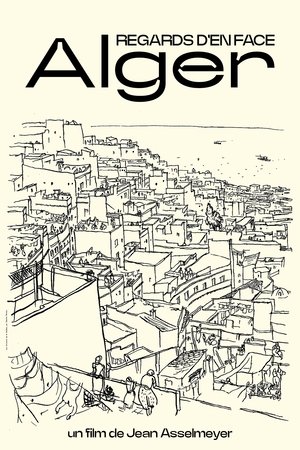Biography
Djamel Amrani was born on August 19, 1935 in Sour El Ghozlane. Coming from a modest family of nine children of which he was the youngest. From a father working as a P and T receiver and a mother who had never been to school.
Following their father through itinerant missions, the Amrani family stayed in several locations, notably in Cherchell, before settling permanently in 1952 in Algiers. The young Djamel will attend the municipal school of Bir Mourad Raïs there. And it is by wearing out his pants on school benches that he will make a literally literary and capital discovery in his life. The Death of the Wolf, by Alfred de Vigny, and The Loves of Chopin, by George Sand, which he knew by heart, inspired his first poetically candid drafts. A passion was blossoming. “I was already a poet basically. I was making music. I was at the Algiers conservatory, I played the piano at 15. I was the only Algerian to have competed with Chopin’s 5th study, Gabriel Foret’s 7th Nocturne and then La Passionata…” he will remember. At the Bugeaud high school, the most famous in Algiers, where he took with him what he calls “odelettes” and of whom he will make an auto-da-fé because they are considered uninteresting.
His very first work was Le Témoin, in 1960, published by Editions de Minuit. “This book is the dramatic story of my life… I was playing for the syntax whatever it was… It is a game with my story when I learned to read and write..”, he will comment , throat tight. After a long stay in Cuba, from 1962 to 1964, Djamel Amrani served on the general staff, in the cabinet of President Houari Boumediène, with Abdelaziz Bouteflika, Medegheri and Chérif Belkacem. “The first time I met Bouteflika, he introduced me to Nelson Mandela…” he will remember with pride. He will also work in the press as a journalist. The friends of the author of Witness and Bivouac of Certainties are called Kateb Yacine, Issiakhem, Jean Sénac, Pablo Neruda, Françoise Sagan, Barbara, Malek Haddad, Mohamed Zinet, Juliette Gréco, Florence Malraux, Jean and Simone Lacouture, Jean- Marie Domnac, or even Serge Régiani “Kateb Yacine, who encouraged me, and Jean Sénac were immense brothers to me. I must salute their memory. Malek Haddad had been a great friend…”. André Breton will say of him: “Djamel Amrani is immense, he is the greatest poet of Algeria…”. Author of around thirty works, Djamel Amrani was at the service of his neighbor, of his fellow human beings. And from his homeland, Algeria. For which he was a fighter, a fighter, a resistance fighter, a mujahid without demagogy, a psychologically “mutilated” of war and a prodigal son and prodigy of prosody and other alliterations with ballistic, creative and lyrical Algerian consonance. Because marked for life by the warlike and colonial barbarism of the French army. “I was tortured, incarcerated, they killed my father, my brother and my brother-in-law…”.
Djamel Amrani leaves this testamentary fragment of a cursed poet: “The human being, a bruised poet, cannot ultimately be cured of a story. I have never been cured. I never had the opportunity or chance to heal. My wound in my soul, we cannot negotiate it. My wound is open. It’s gaping!” Djamel Amrani died on March 2, 2005.



